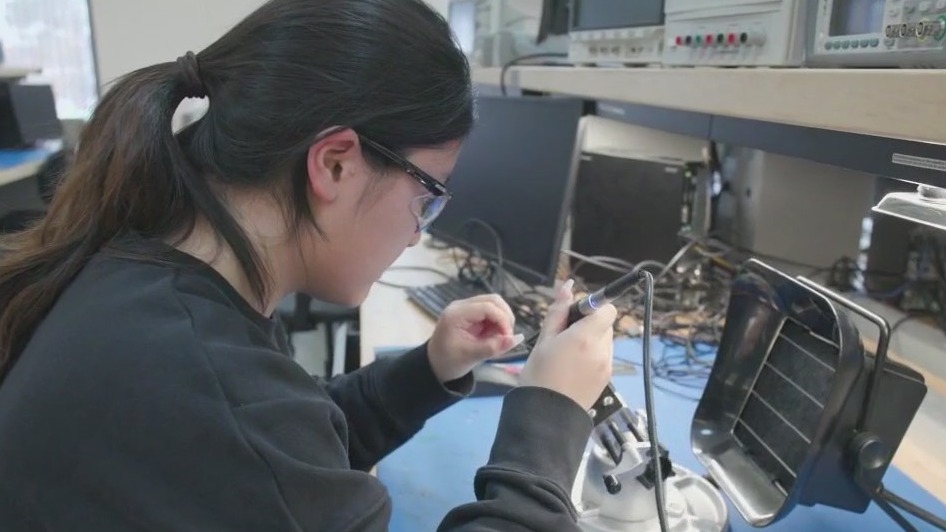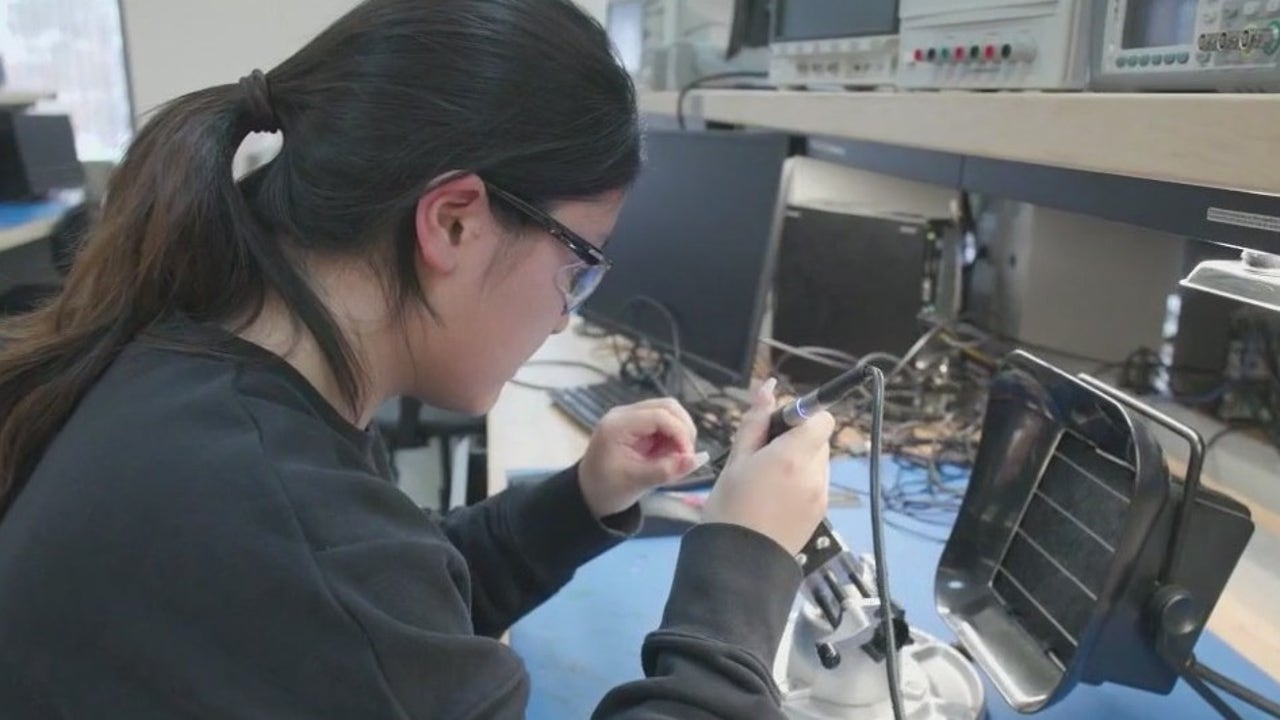
ATLANTA – Georgia Tech is leading a $20 million project to build one of the most advanced artificial intelligence supercomputers in the country. Funded by the National Science Foundation (NSF), the new system—called Nexus—will be designed specifically to support groundbreaking research in fields ranging from medicine to clean energy to climate science.
What we know:
The Nexus supercomputer is expected to be operational by spring 2026 and will be housed at Georgia Tech, which will also manage the system. Researchers from across the U.S. will be able to apply for access through the NSF, making Nexus a shared national resource aimed at widening access to powerful AI tools.
“Nexus is more than a supercomputer — it’s a symbol of what’s possible when leading institutions work together to advance science,” said Charles Isbell, chancellor of the University of Illinois and former dean of Georgia Tech’s College of Computing.
The system will be built in partnership with the National Center for Supercomputing Applications (NCSA) at the University of Illinois Urbana-Champaign, which operates several of the country’s top academic supercomputers. Nexus and its counterpart at NCSA will be linked by a new high-speed network, forming a national infrastructure for collaborative research.
What they’re saying:
“Georgia Tech is proud to be one of the nation’s leading sources of the AI talent and technologies that are powering a revolution in our economy,” said Ángel Cabrera, president of Georgia Tech. “It’s fitting we’ve been selected to host this new supercomputer, which will support a new wave of AI-centered innovation across the nation.”
“This supercomputer will help level the playing field,” added Suresh Marru, principal investigator of the Nexus project and director of Georgia Tech’s new Center for AI in Science and Engineering (ARTISAN). “It’s designed to make powerful AI tools easier to use and available to more researchers in more places.”
Timeline:
Construction of Nexus is scheduled to begin in 2025, with completion expected in spring 2026. Once the system is online, researchers will submit proposals for access, which will be reviewed by the NSF. Georgia Tech will reserve up to 10% of Nexus’ capacity for campus-based research.
The project builds on Georgia Tech’s existing HIVE supercomputer, also supported by NSF funding, and is housed in the state-of-the-art CODA data center.
By the numbers:
Here’s a look at the numbers:
$20 million: NSF funding awarded to Georgia Tech and partners
400+ quadrillion: Number of operations Nexus can perform per second
330 trillion bytes: System memory capacity
10 quadrillion bytes: Flash storage capacity, equal to 10 billion reams of paper
500,000 km: Height of paper stack equivalent to storage—Earth to the Moon and a third of the way back
10%: System capacity reserved for Georgia Tech researchers
2026: Projected completion date
Big picture view:
Artificial intelligence is transforming how science is conducted, allowing researchers to analyze vast datasets, model complex systems, and accelerate breakthroughs. Until now, access to the powerful computing resources needed to drive that research has often been limited to top-tier institutions.
Nexus will reportedly change that.
By providing open access to advanced AI tools through a user-friendly interface, Nexus aims to democratize scientific computing. It will serve researchers in areas such as climate modeling, neuroscience, aerospace, and robotics, helping address some of the world’s most pressing challenges.
Why you should care:
Whether it’s curing diseases, improving battery storage, or understanding the human brain, Nexus will give researchers the tools to go further, faster. As science increasingly depends on AI and high-powered computing, this investment could impact everything from healthcare to sustainability to economic innovation.
“This is a big step for Georgia Tech and for the scientific community,” said Vivek Sarkar, dean of computing. “Nexus will help researchers make faster progress on today’s toughest problems — and open the door to discoveries we haven’t even imagined yet.”
Georgia TechArtificial IntelligenceEducationNews
